Jesse Nelson is the Zone 1 Director for the Clackamas Soil and Water Conservation District.
Jesse Nelson is the Clackamas Soil and Water Conservation District Director for Zone 1. This zone covers the northeast part of Clackamas County. This includes the communities of Boring, Sandy, and Damascus. Nelson is also the District’s Vice-Chair on the Board of Directors.
Nelson is a Clackamas County native and grew up in Boring. He studied business at Mt. Hood Community College. Nelson is currently the general manager of Hans Nelson & Sons Nursery, a family business started by his grandfather in the 1930s.
Nelson Transitioned from Customer to Board Member
Nelson was introduced to the Clackamas Soil and Water Conservation District through Kris Homma. Homma is a now retired soil conservationist with the USDA Natural Resources Conservation Service (NRCS). “We were very fortunate to connect with the District. They helped us sort out some troublesome issues on our property. I was very impressed with the staff, service, and technical expertise,” said Nelson.
[quote]the District is a valuable entity that gets a lot of great work done[/quote]”This good impression led to my having an interest in serving as an Associate Director for the District,” says Nelson. This associate position led to Nelson’s appointment to the District board in 2011. He was appointed to replace then retiring director Mike Dillard. Nelson said he was happy to do so because, “I believe the District is a valuable entity that gets a lot of great work done.”
As an active nursery grower who has also been a customer of the District, Nelson brings a valuable perspective to the board of directors. He notes that landowners may be hesitant to work the District because they think we are connected to Clackamas County government. “We’re not,” he laughs. “Once people realize that, they’re excited to know what we’re doing.”
Conservation Management in Action
[quote style=”boxed” float=”right”]We work with the land as well as with people to develop real solutions[/quote]”I am sympathetic to landowners and agricultural producers,” says Nelson. “I feel very strongly that people need to understand that the District cares and contributes greatly to our communities. We work with the land as well as with people to develop real solutions.”
The Nelson family practices good conservation management techniques at their nursery. “We are happy to say that we’ve transitioned all of our irrigation from hand line sprinklers to drip,” says Nelson. “That includes our fertilizer application. This allows us to target delivery of water and nutrients without waste, which conserves both water and money.”
He notes that they use cover crops regularly to reduce erosion and improve soil tilth on the nursery property. “We also plant lots of hedgerows for pollinator habitat,” he adds. “You can hear the buzz of the bees from the sunflower hedgerows in the summer. It’s fantastic.”
At their family wheat farm in Wasco County, they have developed and installed exclusion fencing to keep livestock out of a creek. This conservation practice helps to prevent erosion and improves water quality.
On Service and Community
“I’m always happy to help spread the District’s values and mission here in the County,” says Nelson. “Conservation is for everyone. We can have a huge impact by getting more folks on board with conservation plans. Practices, such as erosion control, can help save soil, water, and money. It makes a huge difference for all of us.”
Nelson is happy to represent the nursery industry on the District Board of Directors. He would like to see fellow nursery owners getting more involved with the District. He observes, “Everyone is busy, and there is never enough time, but it’s important to model this level of engagement in our community. We need to nurture different ideas and shake things up a little.” Nelson values the knowledge long-term board members bring to the table, but notes that it is good to have new blood, too.
Nelson also finds time to serve on the Oregon Association of Nurseries (OAN) Board of Directors. He is a field and bare root growers representative for the organization and has served for the past three years.
Looking to the Future
Nelson is looking forward to more site visits and field trips for the Board of Directors. He believes it is important for board members to see first-hand the great projects the District’s planners are undertaking in the community. He is excited about the development at the Conservation Resource Center in Beavercreek. “It was great for all of us, staff and board alike, to tour the property,” he said. “There was a free exchange of ideas for how to best use the property to demonstrate urban, rural, and agricultural conservation practices.”
“We’ve got a great, new manager who has taken our strategic planning process by the horns. We have new staff coming on and a community forest to explore and develop. These are exciting time for the District.”
Outside of his work on behalf of the District, Nelson provides advisory expertise to Oregon State University. For several years now he’s been involved in the development of a next-generation smart sprayer to reduce pesticide usage. “Our newest version of the smart sprayer works better than ever,” he reports. “This commercially available sprayer hardly uses any herbicide at all. Reducing pesticide usage is a huge benefit to our environment and makes excellent economic sense for land managers.”
As busy as Nelson is, he finds plenty of time to spend with his family and is “super busy” with his children’s sports activities. He is also actively involved in his local Community Planning Organization (CPO). This CPO has rallied to keep 100 acres of prime farmland in production in opposition to a Portland Water Bureau project.




